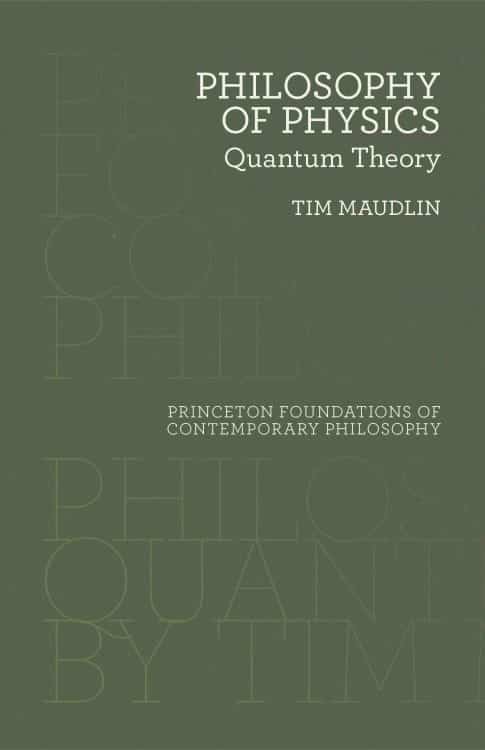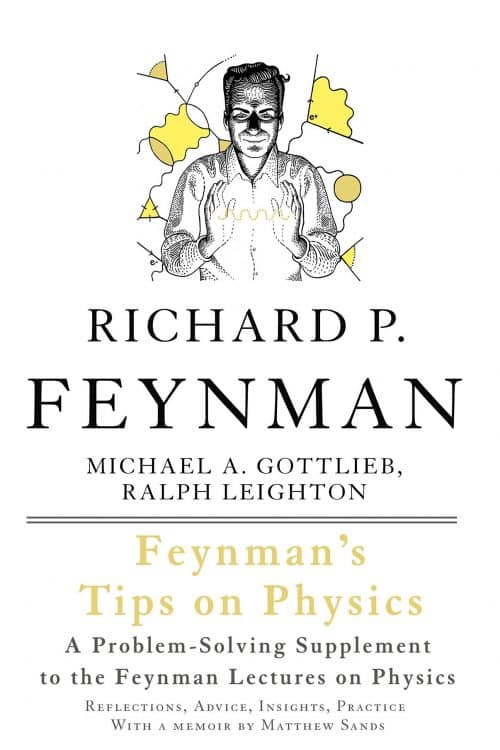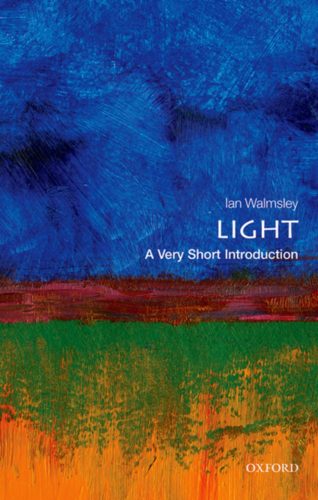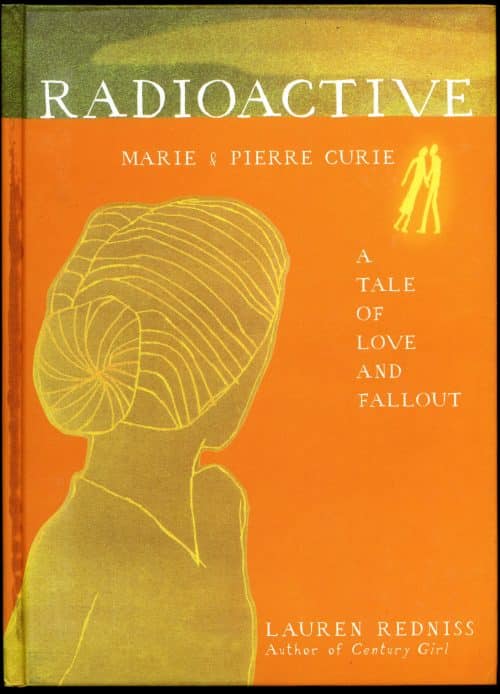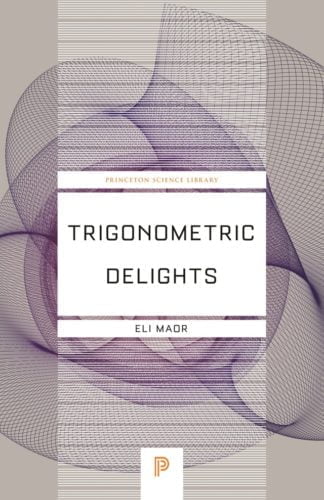In the realm of physics and beyond, Richard Feynman’s name resonates as a symbol of brilliance, wit, and an unrivaled capacity to unveil the mysteries of the universe in an engaging, accessible manner. “The Character of Physical Law” based on Feynman’s series of Messenger Lectures given at Cornell in 1964 and first published in 1967, embodies these traits and offers a glimpse into the mind of one of the twentieth century’s most influential physicists.
At its core, this book is not just an exploration of physical laws but a testament to Feynman’s belief in the beauty and order of the universe. Through his perspective, physics becomes less about the human triumph of discovering these laws and more about the elegance with which nature itself adheres to them. It’s this humility and sense of wonder that make “The Character of Physical Law” significant and enduring.
Feynman‘s approach to discussing topics such as the role of mathematics in physics, the principle of conservation, and the enigma of symmetry is refreshingly candid and filled with personality. His prose is neither burdened by jargon nor oversimplified to the point of dilution; instead, Feynman strikes a balance that captures the complexity of physics while remaining comprehensible to those outside the scientific community.
One of the book’s strengths lies in its examination of the process of scientific discovery itself. Feynman demystifies this process, presenting it not as a series of eureka moments but as a careful, ongoing conversation between hypothesis and experiment. It is here that the reader can truly appreciate the scientific mindset—driven by curiosity, tempered by skepticism, and always subject to the immutable laws of nature.
Frank Wilczek’s foreword in later editions accentuates the timeless relevance of Feynman’s discussions, despite advancements in physics that have occurred since the original publication. This gesture acknowledges both the progress science has made and the foundational truths that “The Character of Physical Law” communicates.
Perhaps the most remarkable aspect of this book is how Feynman’s enthusiasm for physics transcends the printed page, inviting readers to share in his fascination. This is no small feat considering the often abstract and counterintuitive realms of modern physics he navigates.
In essence, “The Character of Physical Law” is a potent reminder that the pursuit of knowledge is not about asserting human dominance over nature but about striving to understand the world on its own terms. Feynman, through his insight and unparalleled ability to communicate, offers not just a book on physics but a philosophical inquiry into the heart of scientific inquiry.
For those looking to immerse themselves in the thoughts of a Nobel laureate who could speak of complex principles with the ease of conversation, “The Character of Physical Law” is an essential read. Beyond its scientific import, it serves as a beacon for the notion that at the intersection of curiosity and discipline lies the blueprint for discovery.







